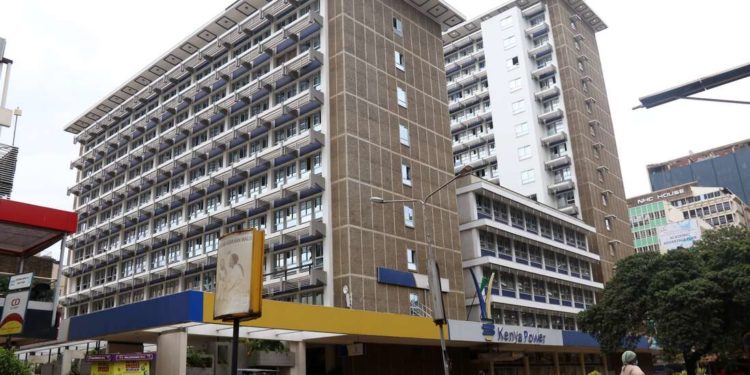Kenya Power is taking measures to address its financial challenges caused by the depreciating shilling. Joseph Siror, the managing director of Kenya Power, revealed in an interview that the company is negotiating with large consumers to settle bills in dollars, aiming to boost its foreign exchange reserves. The power utility firm recently issued a profit warning, projecting a revenue drop of at least 25 percent for the current financial year, primarily due to widening foreign exchange losses.
Read more: IPPs Advocate for the End of Kenya Power’s Monopoly
The instability of the shilling had already impacted Kenya Power’s performance, as evidenced by the net loss of Ksh 1.1 billion posted for the half-year ended December 2022. The profit warning indicates that the company’s net profit for the year ending June 30, 2022, is not expected to exceed Sh2.6 billion, compared to the Sh3.5 billion recorded in the previous year.
The company has highlighted that almost 80 percent of its debt obligations and payments to Independent Power Producers (IPPs) are in dollars. To mitigate the impact of the weakening shilling, Kenya Power aims to engage customers with significant dollar inflows, which will bolster its dollar reserves. Additionally, Kenya Power is relying on a government-to-government arrangement for the importation of petroleum, which is expected to ease dollar demand in the country.
Read more: How the Government Plans to Restructure KPLC
The weakening shilling has led to an increase in the foreign exchange fluctuation adjustment, rising to nearly Ksh 2 per kilowatt hour (kWh) compared to Ksh 0.68 during the same period last year. The continued depreciation of the shilling, with projections of it reaching Ksh 150 against the dollar by August, is likely to further escalate the cost of power. Moreover, the recently signed Finance Bill 2023, which doubles the Value Added Tax on petroleum products to 16 percent, will exacerbate the financial strain on Kenya Power.
Despite the challenges, Joseph Siror remains optimistic about the company’s ability to provide cheaper power and stimulate economic growth in the upcoming financial year. Kenya Power plans to invest Ksh 40 billion in strategic network expansion and maintenance, aiming to reduce system losses and enhance power quality and reliability. By enhancing the stability of its network, Kenya Power anticipates increased sales, lower capacity charges, and an overall reduction in the cost of power.
Read more: Menengai Geothermal Power Plant: A Milestone in Kenya’s Clean Energy Revolution
Digital transformation and the deployment of intelligent technologies, such as smart meters, will also play a crucial role in Kenya Power’s efforts to curb power theft and improve operational efficiency. By embracing these advancements, the company aims to reduce system losses from the current 22.4 percent to 15.5 percent, resulting in significant cost savings and improved service delivery.
Furthermore, Kenya Power is negotiating for lower tariffs, particularly from renewable energy sources like solar, to establish favourable tariffs that alleviate the burden on consumers. The reduced dispatch from retired thermal plants and the introduction of hydropower from Ethiopia have contributed to a decrease in the thermal contribution to the energy mix to below 10 percent.
Through these initiatives and strategic investments, Kenya Power aims to overcome its financial challenges, enhance the reliability of power supply, reduce costs, and ensure a more sustainable and affordable energy sector for the benefit of consumers and the country’s overall economic growth.
Email your news TIPS to editor@thesharpdaily.com

















